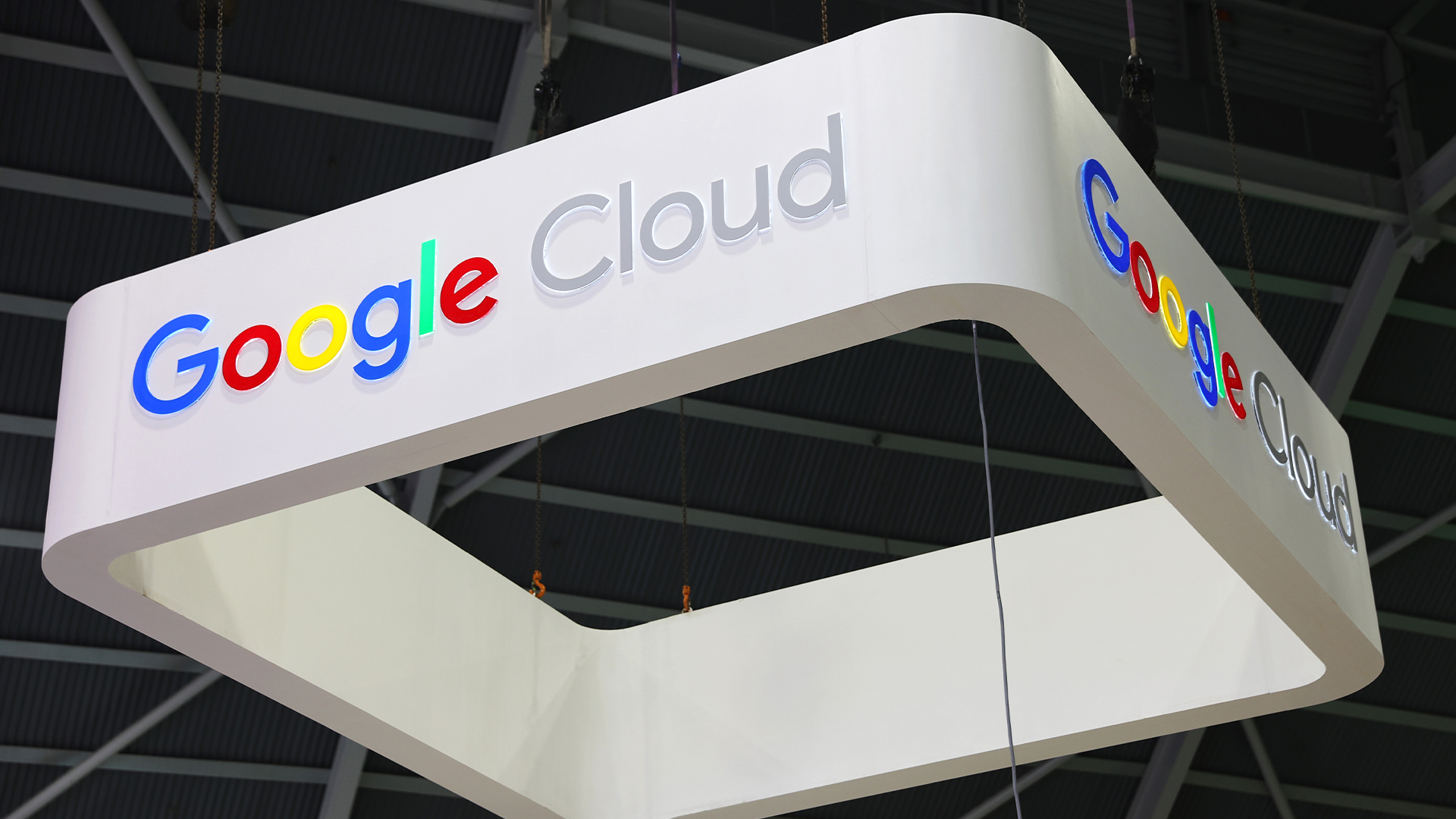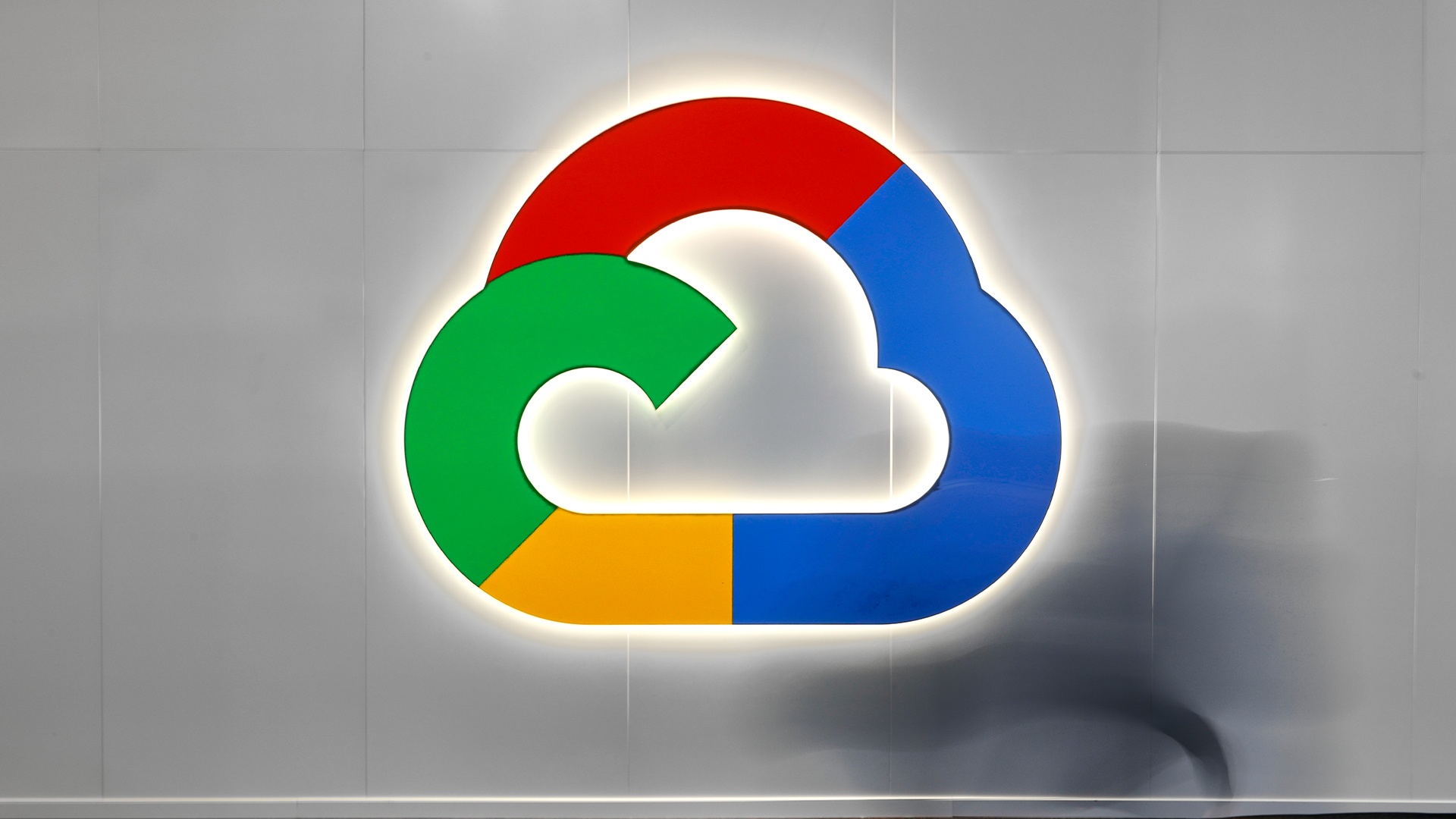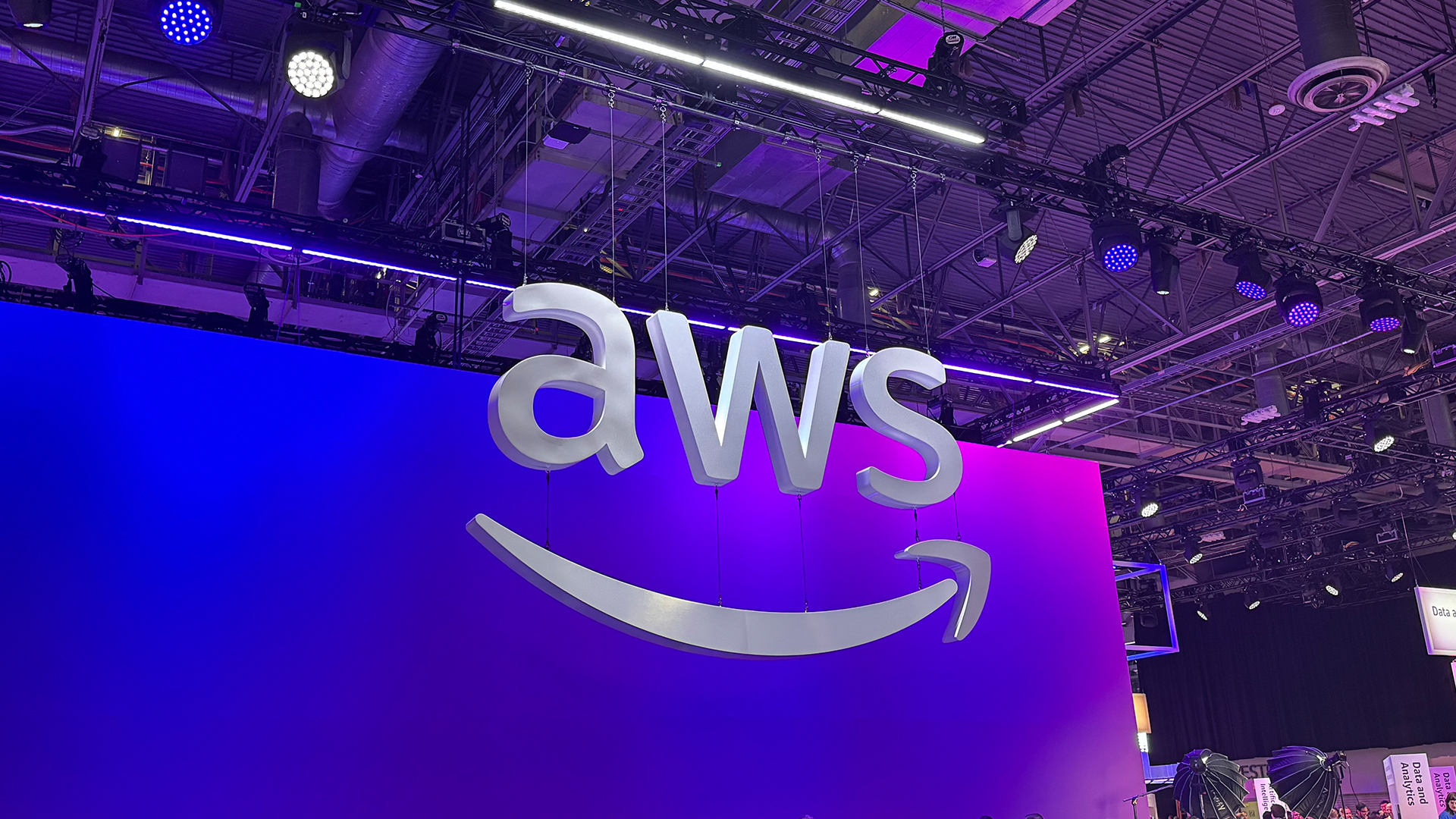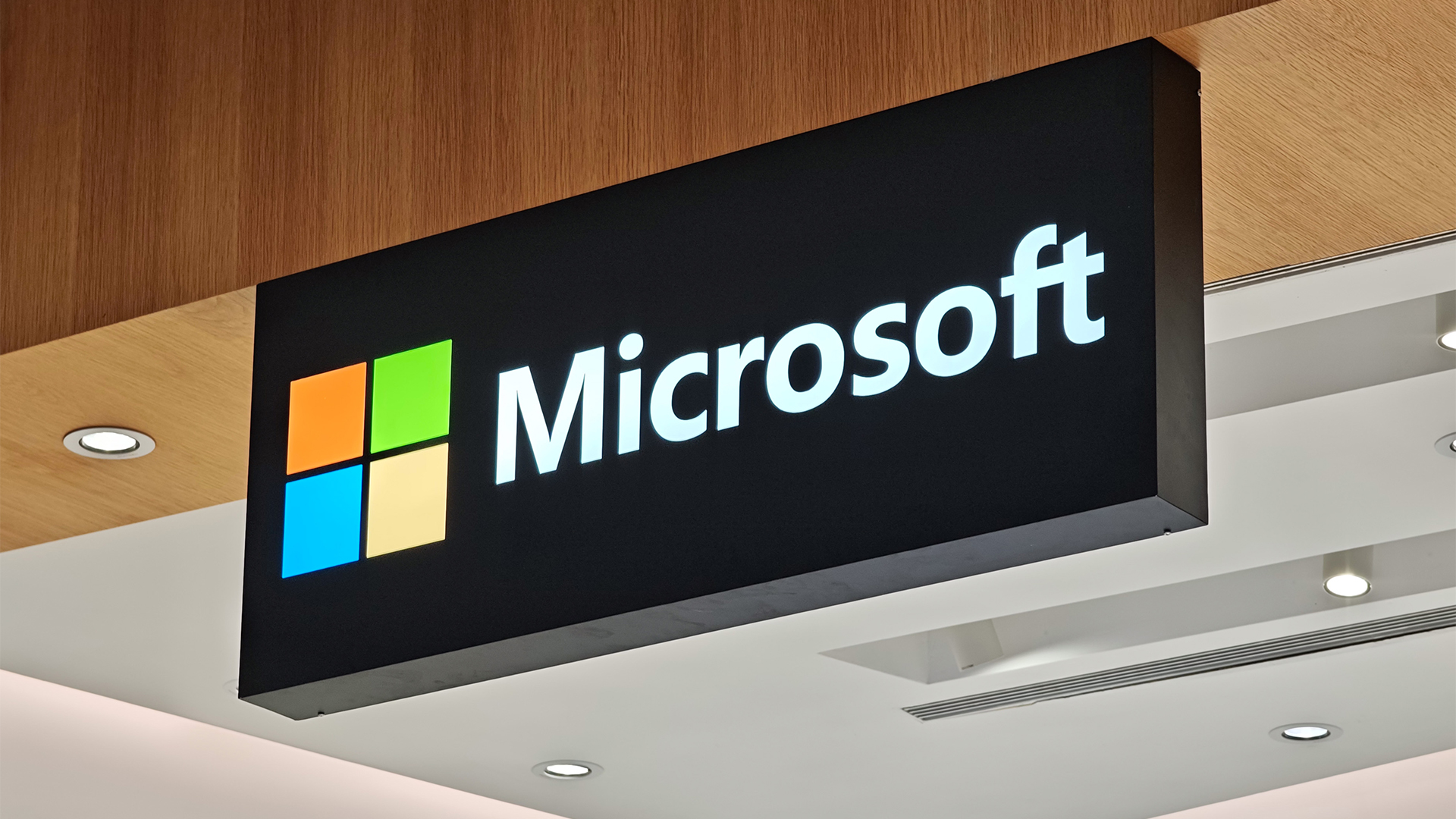Cloud breaches are surging, but enterprises aren’t quick enough to react
The rise in cloud breaches has been attributed to a series of factors


Cloud breaches are going undetected for hours or days, according to new research, with security workers pinning blunders on ‘alert fatigue’, fragmented tools, and clunky legacy applications.
While nearly two-thirds of organizations suffered a cloud security incident in the past year, only 9% were detected within the first hour, according to Check Point’s 2025 Cloud Security Report.
Notably, researchers found just 6% of incidents were remediated within the first hour, with 62% of enterprises taking more than 24 hours to fully recover.
Paul Barbosa, Check Point's VP of cloud security, said the statistics paint a concerning picture for enterprises dealing with cloud security incidents. Speed and efficiency, he noted, are key factors in preventing long lasting damage.
"This is an obvious area of concern as any delay opens a window of vulnerability during which attackers can move laterally, exfiltrate data, or cause operational disruption," Barbosa commented.
"The longer an incident takes to be detected and addressed, the greater the likelihood of escalation."
When incidents are detected, two-thirds of the time it's through end users, third parties or during audits, rather than through security tools.
Sign up today and you will receive a free copy of our Future Focus 2025 report - the leading guidance on AI, cybersecurity and other IT challenges as per 700+ senior executives
What’s behind the rise in cloud breaches?
The biggest problems identified by Check Point include ‘alert fatigue’, which occurs when security practitioners are bombarded by an overwhelming volume of cybersecurity alerts. This information overload impacts their ability to effectively respond to genuine threats.
It’s an issue that’s been highlighted repeatedly by industry experts in recent years, largely due to the growing number of security tools and solutions used by organizations in daily activities.
Indeed, ‘tool sprawl’ was also highlighted by Check Point as a key factor in the sluggish response times outlined in its report. More than seven-in-ten organizations now operate with more than 10 separate cloud security tools, while almost half receive more than 500 alerts per day, many of which may be false positives.
Fundamentally, cloud growth is outpacing security readiness, Check Point noted. In the past year alone, 62% of organizations have expanded cloud edge technologies like secure access service edge (SASE), 57% have increased their hybrid cloud footprint, and 51% adopted multi-cloud strategies.
"This acceleration, while strategic, is fragmenting environments and straining legacy perimeter-based defenses — many of which were never designed to operate at this scale or complexity," Barbosa said.
Confidence in AI security is also shaky
Unsurprisingly, AI is an important issue for security leaders, with Check Point revealing that nearly seven-in-ten organizations consider AI a strategic priority.
Confidence in defending against AI-powered threats is alarmingly low, however, with only a quarter of respondents saying they feel prepared to handle machine-driven attacks like automated evasion or malware generation.
Meanwhile, application-layer security is lagging behind, with six-in-ten organizations still relying on signature-based web application firewalls (WAFs) as their primary line of defense.
"As evasive app-layer threats and API attacks grow more sophisticated, legacy tools offer limited protection — and adoption of AI/ML-based detection remains inconsistent," said Barbosa.
"There exists a clear need across organizations to modernize the application layer to strengthen overall cloud security posture."
What can organizations do?
Check Point outlined a number of areas that enterprise security leaders should prioritize in the year ahead, including exploring the potential for automated, AI-based threat detection.
Similarly, they should invest in a unified, intelligent architecture that consolidates enforcement across layers and environments, without relying on many disconnected point products or siloed teams.
Naturally, reducing the volume of alerts security practitioners contend with on a daily basis is also a key priority, enabling cyber pros to focus on legitimate threats.
In doing so, the security firm noted this will optimize efficiency in security center operations and deliver long-term benefits.
MORE FROM ITPRO
Emma Woollacott is a freelance journalist writing for publications including the BBC, Private Eye, Forbes, Raconteur and specialist technology titles.
-
 What is Microsoft Maia?
What is Microsoft Maia?Explainer Microsoft's in-house chip is planned to a core aspect of Microsoft Copilot and future Azure AI offerings
-
 If Satya Nadella wants us to take AI seriously, let’s forget about mass adoption and start with a return on investment for those already using it
If Satya Nadella wants us to take AI seriously, let’s forget about mass adoption and start with a return on investment for those already using itOpinion If Satya Nadella wants us to take AI seriously, let's start with ROI for businesses
-
 Wasabi Technologies wants to be a "more predictable alternative to the hyperscalers" after $70m funding round
Wasabi Technologies wants to be a "more predictable alternative to the hyperscalers" after $70m funding roundNews The cloud storage provider plans to ramp up AI infrastructure investment and boost global expansion
-
 Google Cloud teases revamped partner program ahead of 2026
Google Cloud teases revamped partner program ahead of 2026News The cloud giant’s new-look partner ecosystem shifts focus from activity tracking to measurable customer outcomes
-
 What Palo Alto Networks' $10bn deal with Google Cloud means for customers
What Palo Alto Networks' $10bn deal with Google Cloud means for customersNews The extension of an existing partnership between Palo Alto Networks and Google Cloud is designed to boost security amid rise in AI
-
 Cloud security teams are in turmoil as attack surfaces expand at an alarming rate
Cloud security teams are in turmoil as attack surfaces expand at an alarming rateNews Cloud security teams are scrambling to keep pace with expanding attack surfaces, new research from Palo Alto Networks shows, largely due to the rapid adoption of enterprise AI solutions.
-
 AWS re:Invent 2025 live: All the news and announcements from day two in Las Vegas
AWS re:Invent 2025 live: All the news and announcements from day two in Las VegasLive Blog Keep tabs on all the latest announcements from day-two at AWS re:Invent 2025 in Las Vegas
-
 CEOs admit majority of cloud environments were ‘built by accident rather than design’ – and it’s coming back to haunt them
CEOs admit majority of cloud environments were ‘built by accident rather than design’ – and it’s coming back to haunt themNews Many enterprises rushed into the cloud without a clear end goal in mind, according to Kyndryl
-
 Microsoft’s new ‘marketplace’ lets customers pick and choose cloud, AI solutions
Microsoft’s new ‘marketplace’ lets customers pick and choose cloud, AI solutionsNews The Microsoft Marketplace looks to streamline customer access to AI and cloud services
-
 Mainframes are back in vogue
Mainframes are back in vogueNews Mainframes are back in vogue, according to research from Kyndryl, with enterprises ramping up hybrid IT strategies and generative AI adoption.
